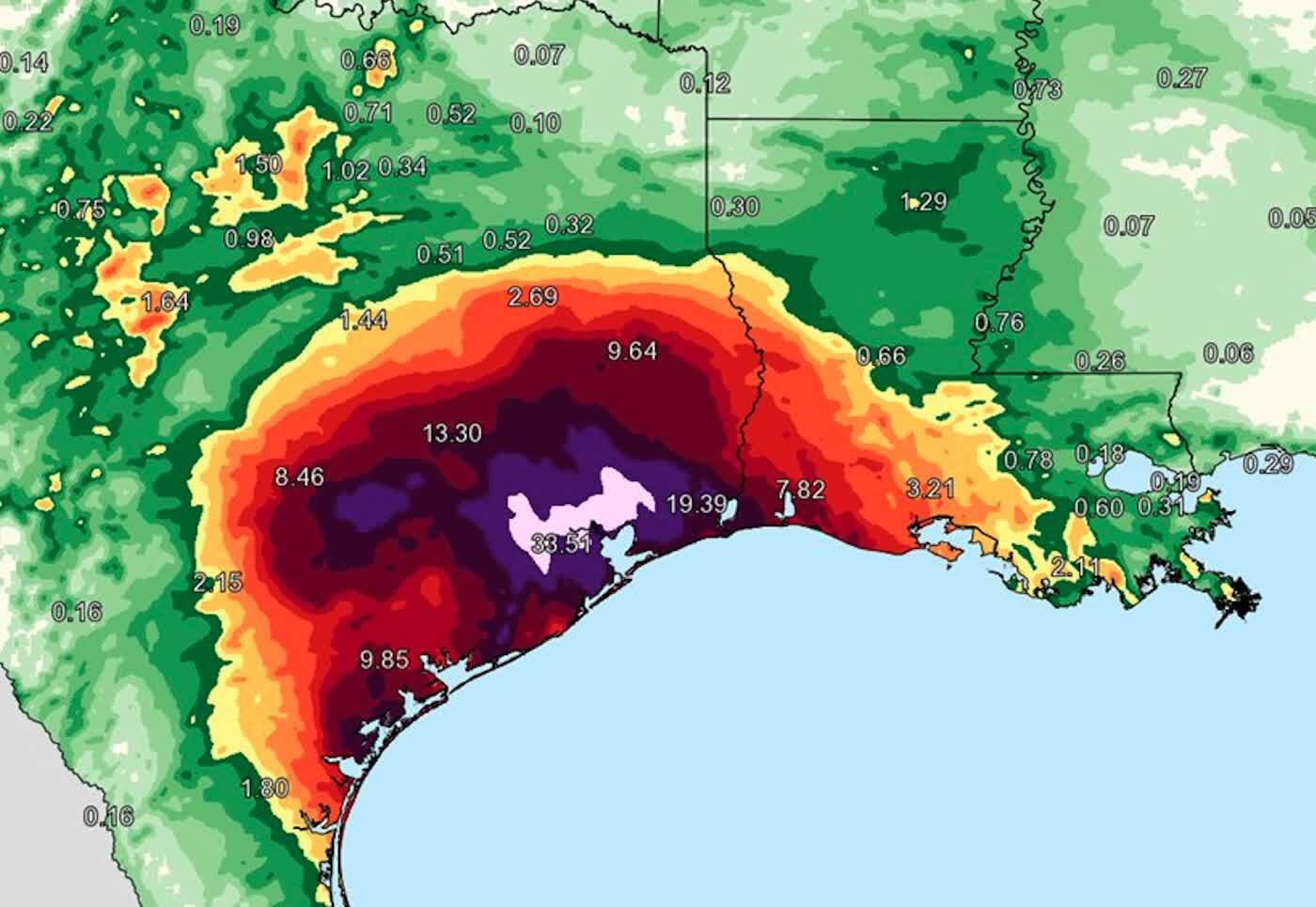(CNN) -
The UN's Intergovernmental Panel on Climate Change (IPCC) has a clear message: The man-made climate crisis is making extreme weather worse around the world.
The world is now 1.1 degrees Celsius warmer than pre-industrial levels.
In other words, it is about to hit the critical threshold of 1.5 degrees that the countries in the Paris Agreement determined as the ideal limit to avoid the worst impacts.
That was the conclusion of the IPCC report.
Unless greenhouse gas emissions are drastically and rapidly reduced, the report's authors say the situation will get worse.
With major advances in computing power, scientists are more confident than ever in attributing extreme weather to climate change.
The climate crisis and a warmer world
In June, an unprecedented heat wave in the US Pacific Northwest killed hundreds of people and broke records in Oregon, Washington and Idaho.
Canada set a new national record when a city in British Columbia reached nearly 50 degrees Celsius.
advertising
Historic heat waves are so clearly caused by man-made emissions that researchers can now easily link them to climate change.
Scientists are concerned about how quickly the climate crisis amplified extreme weather events
Scientists at the World Weather Attribution concluded that this summer's northwest heat wave would have been "virtually impossible" without climate change.
Around the world, human greenhouse gas emissions have already triggered more intense and frequent extreme hot weather, according to the report.
The terrible threat to redwoods in California 3:48
Some extreme weather conditions will occur more frequently.
The world will only be able to avoid it with very low greenhouse gas emissions in the future.
If warming exceeds that set point, extreme heat events will become more intense and frequent.
Just one or two degrees of atmospheric warming will translate into a warmer environment for almost the entire planet.
Greater danger of drought and fires due to the climate crisis
The climate crisis has already caused very extreme droughts.
More than 95 percent of the western US is in some level of drought this summer, causing water shortages there.
A major California hydroelectric plant was forced to shut down last week when the water level in Lake Oroville fell to a level not seen since the reservoir was filled in the 1960s.
At 1.5 degrees, droughts will become more intense and frequent in some parts of the world.
UK on alert for climate crisis 0:39
Amid relentless drought and record heat, wildfire seasons are now longer and result in more destructive fires.
The report notes that weather conditions conducive to wildfires can be linked to human influence.
Reports from the area of the Dixie Fire, California's second-largest fire in state history, suggest that we are already experiencing increasingly dangerous conditions.
"We're seeing really scary fire behavior, I don't know how to point that out," said Chris Carlton, Plumas National Forest supervisor.
The voracity of fire in California is seen from space 0:46
“We have a lot of veteran firefighters who have served for 20, 30 years and they have never seen behavior like this.
Especially day after day, and in the conditions we are in.
So we really are in uncharted territory around some of these extremes, the big fires and the behavior that we are seeing. "
Climate crisis and more frequent floods
Rainfall on Earth has become more intense since 1980. The report's authors say that human influence is the main driver.
This happens because warmer air can hold more water.
Storms like Hurricane Harvey, which hit Texas in 2017, and Hurricane Lane, which hit Hawaii in 2018, don't just hit the shores with storm surge and damaging winds.
They also cause more intense inland flooding due to global warming.
Heavy rainfall will become more frequent and intense with each degree of warming, the report concludes.
More people are exposed to floods in the world 0:37
Monsoon rains are expected to be devastating in the coming years, especially in South and Southeast Asia, East Asia and West Africa.
They will also become more variable.
Extremely wet years with frequent flooding can be interspersed with very dry years with extreme heat and drought.
The "environmental whiplash" will become increasingly common as climate change intensifies the global water cycle.
Hurricanes get worse
The report's authors said that the increase in intensity of tropical storms over the past 40 years cannot be explained solely by natural causes.
In that sense, they pointed out that human beings are a factor that contributes to global warming.
Scientists predict that these storms will get worse as the world warms.
They analyze how climate change affects hurricanes 0:54
Hurricanes, typhoons and cyclones will become more intense, maximum wind speeds will increase, and due to rising sea levels, coastal flooding will be more extensive, the report warns.
The IPCC report focuses specifically on the past and future effects of global warming.
A large part of the study is devoted to extreme weather conditions, something that people around the world can relate to.
The scope of the report did not include solutions.
Although he did point out that the best scenarios for reducing greenhouse gases would keep these climate changes at more manageable levels.

